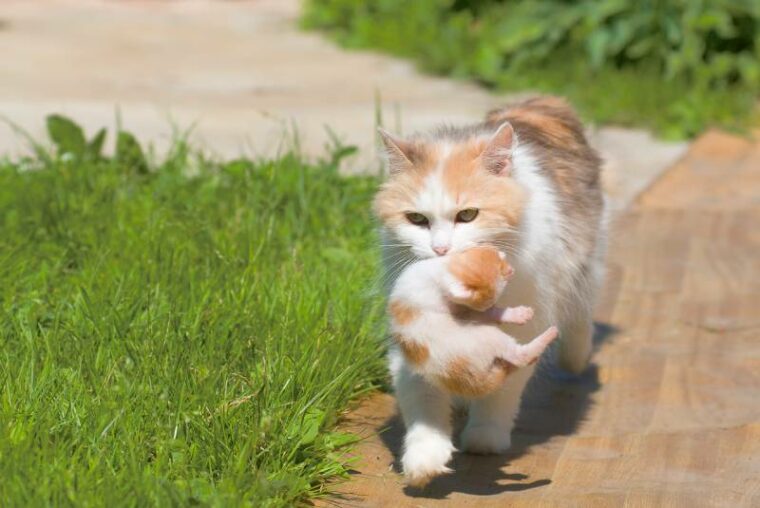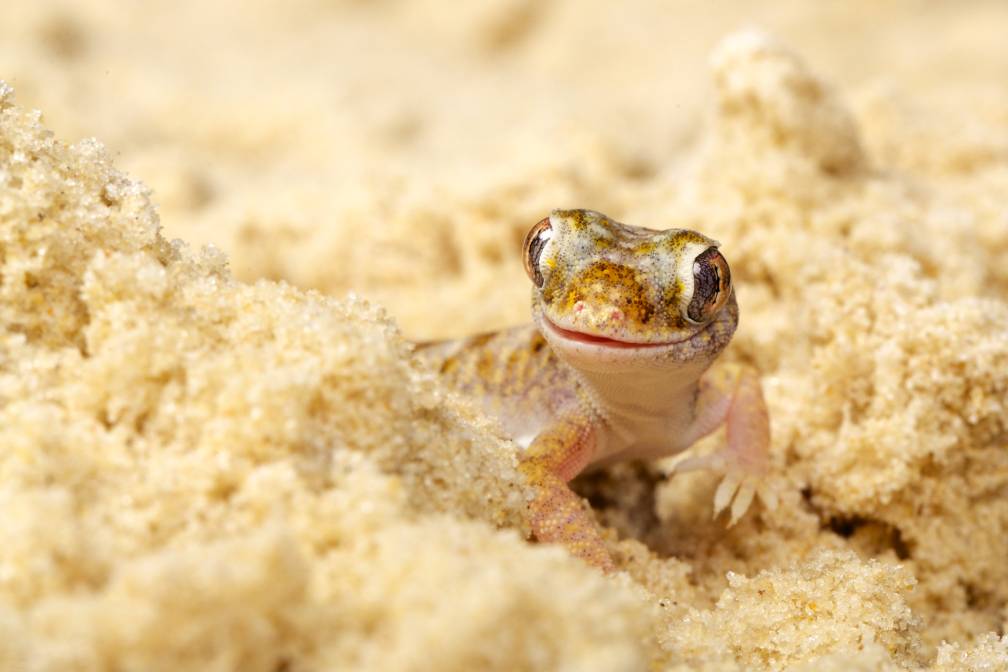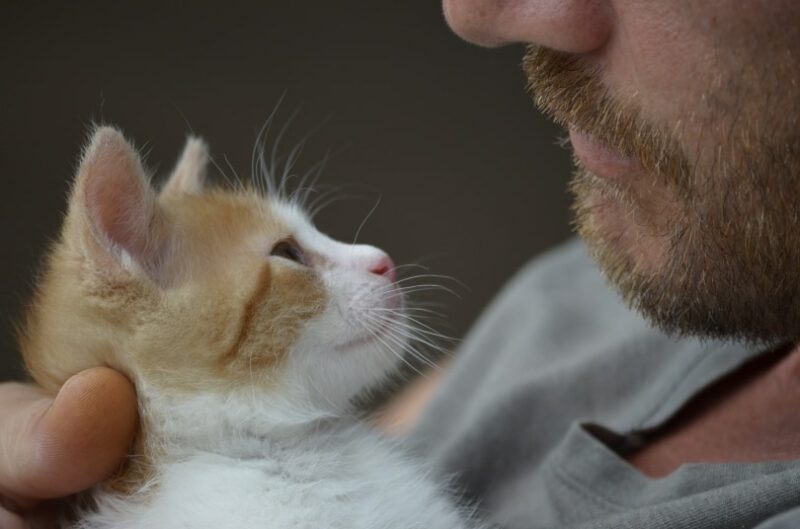
Click to Skip Ahead
If your cat has recently given birth, you may notice some changes in her behavior. Maybe you prepared a nice soft nest for her to rest with her kittens, only to return a few hours to find that the family had abandoned it.
While your cat may have specific triggers that cause her to move her kittens, her reasoning essentially comes down to one thing; she wants her babies to survive. In this article, we’ll cover some of those specific situations that prompt your cat to move her kittens. We’ll also discuss how to support your cat and her new family as they grow.
The 4 Reasons the Mother Cats Move Their Kittens
1. Instinct
Mother cats may move their kittens because instinct warns them that staying in the same place for too long is not a good idea. Essentially, the cat tries to stay one step ahead of predators who want to eat her kittens by constantly moving her nest. Even if your cat is housed indoors with no predators in sight, instinct may still drive her to move her kittens every few days or so.
2. Cold
Research indicates it takes newborn kittens up to 45 days to be able to regulate their own body temperature1. Until that time, they rely in large part on their mother to keep them warm. If the mother cat feels that the kittens’ current location is too cold, she may move them to a warmer spot.

3. Noise
Your cat may move her kittens if she becomes frightened by a noise or ongoing noise at the old location. Kittens can’t hear for the first few days of life, but their mom can and won’t hesitate to move them if she feels their old nest is too noisy or scary.
4. Presence of a Predator
Mother cats may move their kittens if they spot a predator near the current location. For an indoor cat, that predator could be an unfamiliar human or the family dog, even if the two animals used to get along before the kittens were born. And yes, it’s also possible that your cat may consider you a danger to her kittens and move them to keep them away from you. Don’t take it personally.
What to Do After Your Cat Has Kittens
After your cat has kittens, there are some steps you can take to help support her and make sure her family stays safe and healthy.

When to Worry About Your Cat and Her Kittens After Birth
If you notice the kittens aren’t starting to nurse after birth or the mother has rejected one or more, contact your veterinarian. Ideally, kittens should be raised by their mother because keeping orphan babies alive is a lot of work. However, some kittens are abandoned by their mother or may need more support to survive.
You should also contact your vet if the mother cat seems lethargic, sick, or isn’t eating after giving birth. Vocalizing or other signs of pain are another warning sign, along with vomiting and belly pain.
Milk fever is a life-threatening condition, and your cat needs to see a vet immediately if you suspect it’s occurring.
Conclusion
Mother cats move their kittens to keep them safe, warm, and protected from predators. While you may not understand what exactly triggers this behavior, rest assured that a strong mothering instinct drives it. That same instinct helps your cat care for her new family with minimal intervention from you. You can follow our tips to support your cat and her kittens, but be prepared to assist the mom or the kittens if you spot any of the warning signs we discussed.
Featured Image Credit: Pukhov K, Shutterstock










